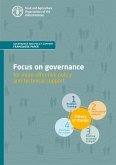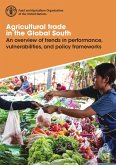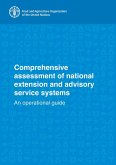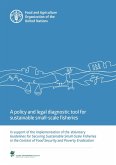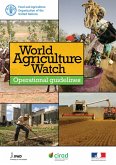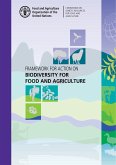With a few exceptions, policies have largely not kept up with new scholarship and development discourse that acknowledges the importance of mobility to pastoralism. There is a lag in and resistance to legislating in favor of mobility. The overall objective of this handbook is to guide the development of legal and policy frameworks for securing mobility for various pastoral production systems and practices.
This handbook calls for the legal recognition and securing of pastoral mobility as a way of safeguarding and facilitating a continuous stream of economic and social benefits for pastoralists, countries, and the environment. It facilitates a deeper understanding of pastoral mobility through examples and case studies drawn from various parts of the world and identifies considerations to be borne in mind when legislating for mobility.
Dieser Download kann aus rechtlichen Gründen nur mit Rechnungsadresse in A, B, CY, CZ, D, DK, EW, E, FIN, F, GR, H, IRL, I, LT, L, LR, M, NL, PL, P, R, S, SLO, SK ausgeliefert werden.



